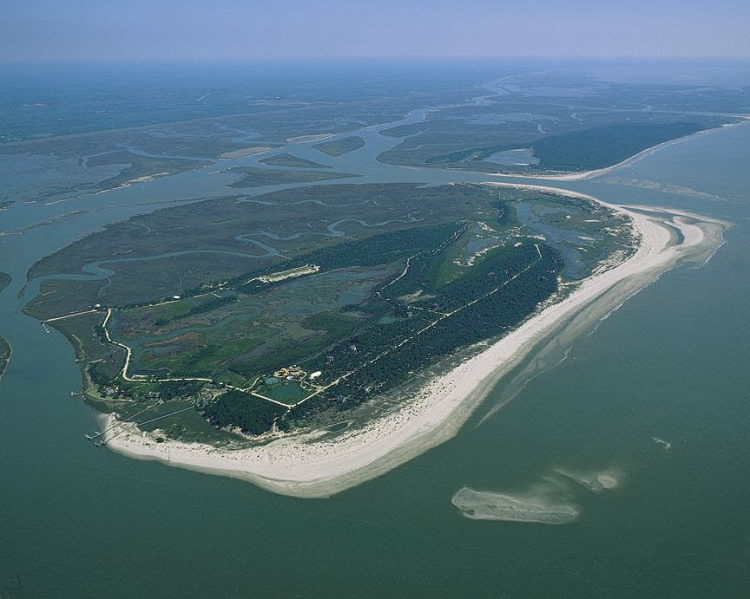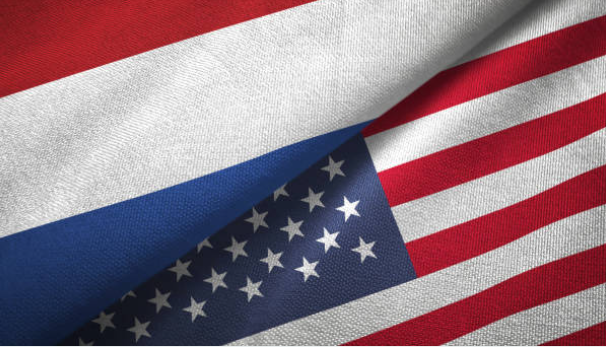“WHO OWNS that sandbar?” Kees de Wees from Beverwijk asked one day. No one knew. It was called Vanderhorst Island, after Arnold van der Horst from Breda who had been governor of South Carolina, but he was no longer alive. And so Kees asked on the shore, in Charleston, if he could have it. He could. Kees chased the crocodiles off the beach, built a shipyard and named his new property De Wees Island. That’s what it is still called today, 250 years later, without the space: Dewees.
Most people don’t know about it. That’s because of a neighboring island, half visible from Dewees, right in front of Charleston Harbor, the one that is etched in America’s memory. In 1861, Fort Sumter was attacked by insurgents who refused to see slavery abolished. It was the start of the American Civil War.
LIKE ALL civil wars, it was a horrible war, one that cut through the nation’s soul because it often made families fight against each other. After all, the conflict not only concerned the question of whether people of color were inferior, but also who was in charge in America: the federal government or each state individually. Many folks down south still don’t use the term civil war, and call it the war between the states instead.
The Civil War lasted four years and ended after fifty major battles and a hundred minor ones. All in all, nearly three million men were mobilized. Abraham Lincoln’s government had twice as many troops available as the rebellious South, but there they had General Robert E. Lee, while Lincoln’s commanders were a whole lot more reluctant to fight. Three quarters of a million soldiers died, a million others were injured or fell ill. The economic damage ran into the hundreds of billions of dollars. On Dewees Island they saw none of this all, because Lincoln immediately sent his navy there and closed the island and the shipyard off from the outside world, lest someone would attempt another such attack on an island like that.
PLENTY OF general officers of Dutch descent joined the fight, including Brigadier General John Thomas Deweese, who despite the extra e at the end of his name was directly related to Kees, and the generals Van Alen, Van Derveer, Van Cleve, Van Vliet, Van Wijck and Vandever, but at the end of the day the American Civil War was decided by two gentlemen who were rooted in Noord and Zuid Holland. The president himself, Abraham Lincoln, about whom in the town of Hoorn they’re still arguing whether or not he was a descendant from the Haring family there, and Leiden’s De Lannooij family’s great-grandchild, General Ulysses Grant.
After Lincoln was assassinated, people on Dewees Island learned about it the next day. They cheered, because they still felt that they were entitled to their slaves. Folks in South Carolina kept thinking that for a long time.
Until Governor George Bell Timmerman, son of Joris Timmerman and Marie van de Voort, no longer wanted to be governor, but a judge. He regretted his own racial hatred and went to the Supreme Court in 1974. Black people were being treated unequally and unlawfully in South Carolina, he argued. The Court sided with Timmerman.




